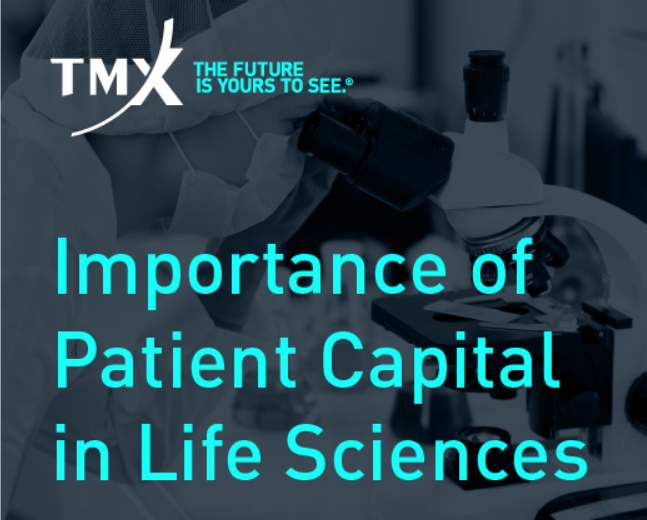In a MedCity CONVERGE panel discussion on precision medicine on Tuesday, an exchange about 23andMe and the 2013 warning letter it received from the FDA over its personal genome service exploded into a debate about sequencing and interpreting genomes, medical ethics, big data analytics, digital health companies and patients’ access to their data.
A Temple University Medical School student asked Alberto Gutierrez, director with the Office of In Vitro Diagnostics and Radiological Health, at the FDA Center for Devices and Radiological Health where he would draw the line when it comes to a physician ordering a whole genome sequencing.
“Should physicians be thinking about ordering whole genome sequencing for their patients?”

A Deep-dive Into Specialty Pharma
A specialty drug is a class of prescription medications used to treat complex, chronic or rare medical conditions. Although this classification was originally intended to define the treatment of rare, also termed “orphan” diseases, affecting fewer than 200,000 people in the US, more recently, specialty drugs have emerged as the cornerstone of treatment for chronic and complex diseases such as cancer, autoimmune conditions, diabetes, hepatitis C, and HIV/AIDS.
“I would be hesitant,” Gutierrez began. The real problem is interpreting that data, and taking action on it. “The data is never simple and rarely clear cut and making those tough decisions is not an easy thing.”
He tried to explain that it’s not an issue of paternalism, it’s an issue of figuring out which data is wrong and which data is accurate, which requires specialists to do. The risk is taking action on data that turns out to be a false positive. But that was hard to do without sounding paternalistic.
At a certain point, Gutierrez expressed frustration with people who want this data regardless and compared them to anti-vaxxers. It was a critical moment and drew a surprised response from many in the audience. Anti-vaxxers are generally viewed as pretty reckless about public health.
“There is a very vocal, small minority of educated people who clearly believe they can make those decisions themselves. And you can look at the people who are not vaccinating and they are typically educated people.”

BioLabs Pegasus Park Cultivates Life Science Ecosystem
Gabby Everett, the site director for BioLabs Pegasus Park, offered a tour of the space and shared some examples of why early-stage life science companies should choose North Texas.
Check out the video here (things get going at the five-minute mark).
https://www.youtube.com/watch?v=vrVfv8dpWNo













